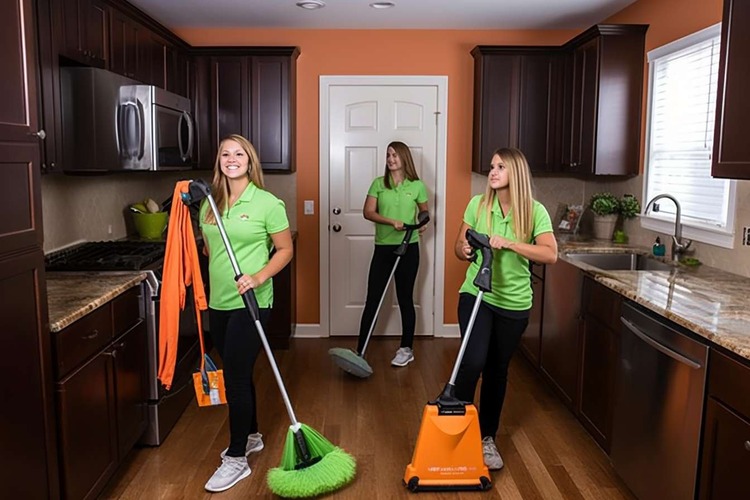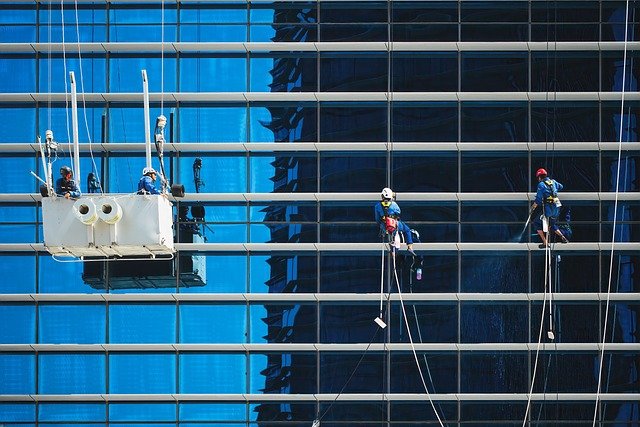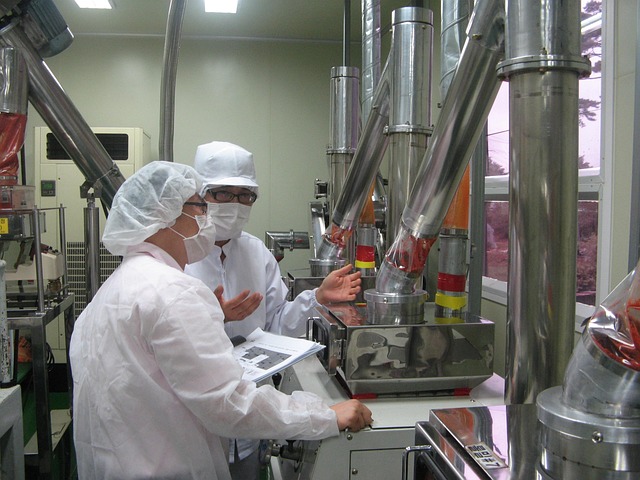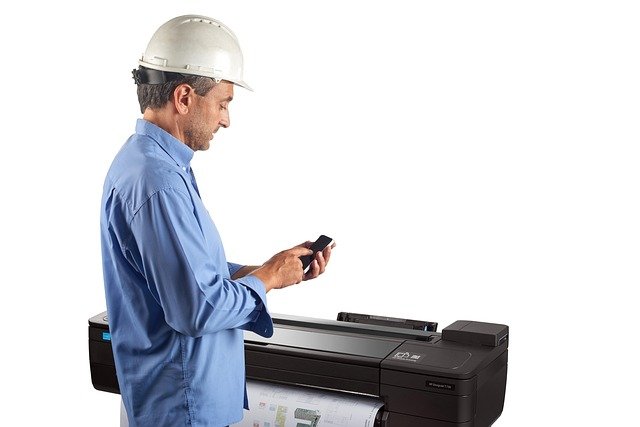Cleaning Careers in Japan – Tasks and Workplace Practices
Cleaning jobs in Japan cover a variety of environments including offices, residential buildings, and commercial facilities. This article outlines typical tasks, essential skills, and workplace practices that ensure safety, teamwork, and high-quality results in daily cleaning operations.

Common Daily Cleaning Responsibilities in Japan
Japanese cleaning work typically involves a systematic approach called “5S” - Sort, Set in Order, Shine, Standardize, and Sustain. Daily tasks include thorough floor maintenance using specific techniques like zone cleaning, where areas are divided into sections for methodical cleaning. Professionals must also master proper cleaning sequences, starting from high surfaces and working downward, while paying special attention to entrance areas (genkan) and shared spaces.
Equipment and Tools Used in Japanese Cleaning Work
The Japanese cleaning industry employs both traditional and modern cleaning tools. Common equipment includes:
-
Specialized microfiber cloths for different surfaces
-
Traditional hand brooms (houki) and dustpans
-
Modern floor cleaning machines for commercial spaces
-
Eco-friendly cleaning solutions and sanitizers
-
Purpose-specific tools for bathroom and kitchen areas
Safety Considerations During Cleaning Tasks
Safety protocols in Japanese cleaning work are comprehensive and strictly enforced. Workers must:
-
Complete mandatory safety training before starting work
-
Wear appropriate personal protective equipment (PPE)
-
Use proper signage when cleaning public areas
-
Follow specific protocols for handling cleaning chemicals
-
Maintain correct posture during cleaning activities
Japanese Workplace Cleaning Culture
In Japan, the concept of “Sōji” (cleaning) extends beyond mere cleanliness. Many workplaces practice “O-Sōji,” where employees participate in cleaning their own work areas. Professional cleaners must understand this cultural context and work harmoniously within established workplace routines while maintaining high professional standards.
Professional Development and Training
Japanese cleaning professionals typically undergo structured training programs that include:
-
Basic cleaning techniques and standards
-
Cultural awareness and workplace etiquette
-
Equipment operation and maintenance
-
Health and safety protocols
-
Customer service skills and communication
Industry Standards and Certifications
The cleaning industry in Japan operates under strict quality control measures. Professional cleaners can pursue various certifications and qualifications to advance their careers, including specialized training for specific environments like healthcare facilities or food preparation areas. Regular assessment and ongoing training ensure maintenance of high industry standards.
Remember that actual cleaning work requirements may vary depending on the specific employer and work environment. Training, certification, and experience requirements should be confirmed directly with potential employers or relevant industry organizations.




